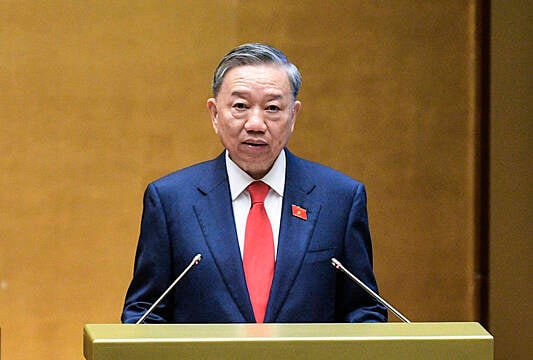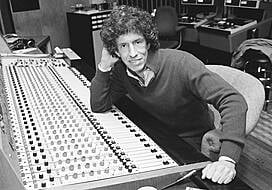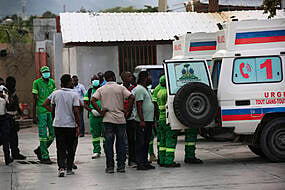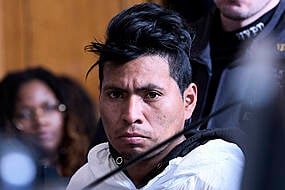Vietnam’s top security official To Lam has been confirmed as the nation’s new president.
He oversaw police and intelligence operations over a period when rights groups say basic liberties have been systematically suppressed and its secret service was accused of violating international law.
Mr Lam was confirmed by Vietnam’s National Assembly after his predecessor resigned amid an ongoing anti-corruption campaign that has shaken the country’s political establishment and business elites and has resulted in multiple top-level changes in government.
Vietnam’s presidency is largely ceremonial, but his new role as head of state puts the 66-year-old in a “very strong position” to become the next Communist Party general secretary, the most important political position in the country, said Nguyen Khac Giang, an analyst at Singapore’s ISEAS-Yusof Ishak Institute.
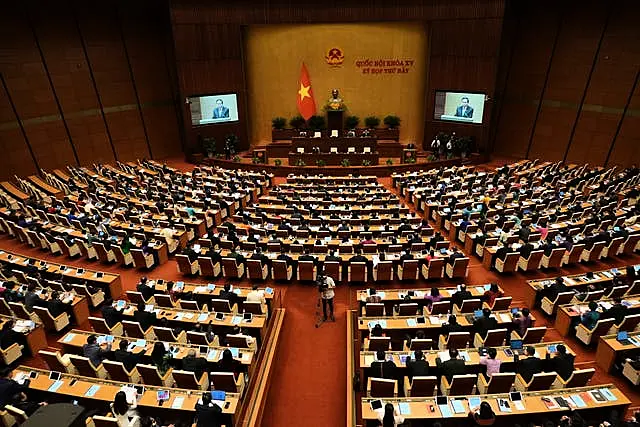
Communist Party general secretary Nguyen Phu Trong was elected to a third term in 2021, but at age 80, he may not seek another term after 2026.
Mr Trong is an an ideologue who views corruption as the gravest threat facing the party. As Vietnam’s top security official, Mr Lam has led Mr Trong’s sweeping anti-graft campaign.
Mr Lam spent more than four decades in Vietnam’s ministry of public security before becoming minister in 2016.
His rise took place while Vietnam’s politburo lost six of its 18 members amid the expanding anti-graft campaign, including two former presidents and Vietnam’s parliamentary head.
Vietnam's prime minister Pham Minh Chinh is seen as the other major contender to possibly succeed Mr Trong, Mr Giang said.
The current vice-speaker of Vietnam’s parliament was confirmed on Monday as the National Assembly speaker after his predecessor, Vuong Dinh Hue, resigned amid the anti-graft campaign.
Until his resignation, Mr Hue was also widely seen as a potential successor to Mr Trong.
This unprecedented instability in Vietnam’s political system has spooked investors as the country tries to position itself as an alternative for companies looking to shift their supply chains away from China.
A flood of foreign investment, especially in manufacturing of high-tech products like smartphones and computers, raised expectations it could join the “Four Asian Tigers” — Hong Kong, Singapore, South Korea and Taiwan – whose economies underwent rapid industrialisation and posted high growth rates.
